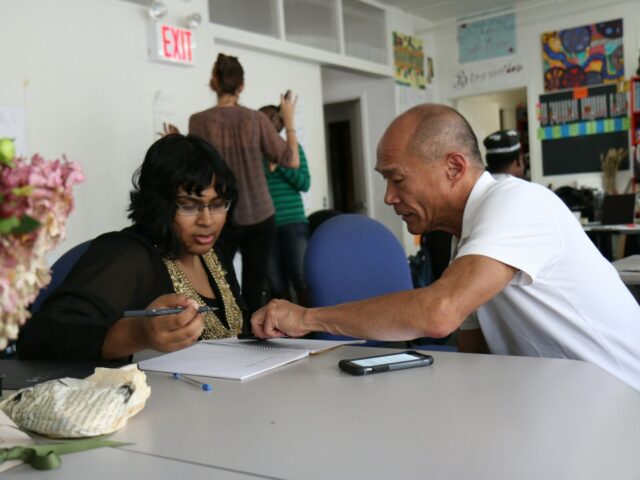Social and biological pathways of cardiovascular risk for LGBQ+ populations
People who self-identify as lesbian, gay, bisexual, queer, or other non-heterosexual identities (LGBQ+) experience substantial health inequalities throughout their lives. They are more likely to experience depression and anxiety, and to smoke and engage in harmful drinking behaviour, compared to heterosexual people. Lesbian and bisexual women are also more likely to be overweight than heterosexual women. LGBQ+ people often experience discrimination and marginalisation that impact on their stress levels. Exposure to discrimination results in the chronic secretion of stress hormones, which in turn may lead to an inflammatory response. Over time, sustained inflammation may increase the risk early-onset cardiovascular disease or other chronic conditions. Given underlying risk factors (e.g., tobacco and alcohol consumption, stress, poor mental health, and obesity), scholars have warned about a possible greater risk of cardiovascular disease for LGBQ+ populations, but this evidence is limited globally, and does not exist in the UK. We also have little evidence on the factors that protect the health of LGBQ+ people, who enjoy strong social relationships and networks that may mitigate against the detrimental effects of societal discrimination. This fellowship will analyse social and biomarker data from Understanding Society to establish LGBQ+ inequalities across different biomarkers of cardiovascular health, and understand whether, and how experiences of discrimination and availability of social support influence cardiovascular risk for sexual minority people. Identifying biopsychosocial pathways that contribute to disproportionate rates of disease within LGBQ+ populations can point to social and public health interventions to prevent future disease and reduce LGBQ+ inequalities in health.



